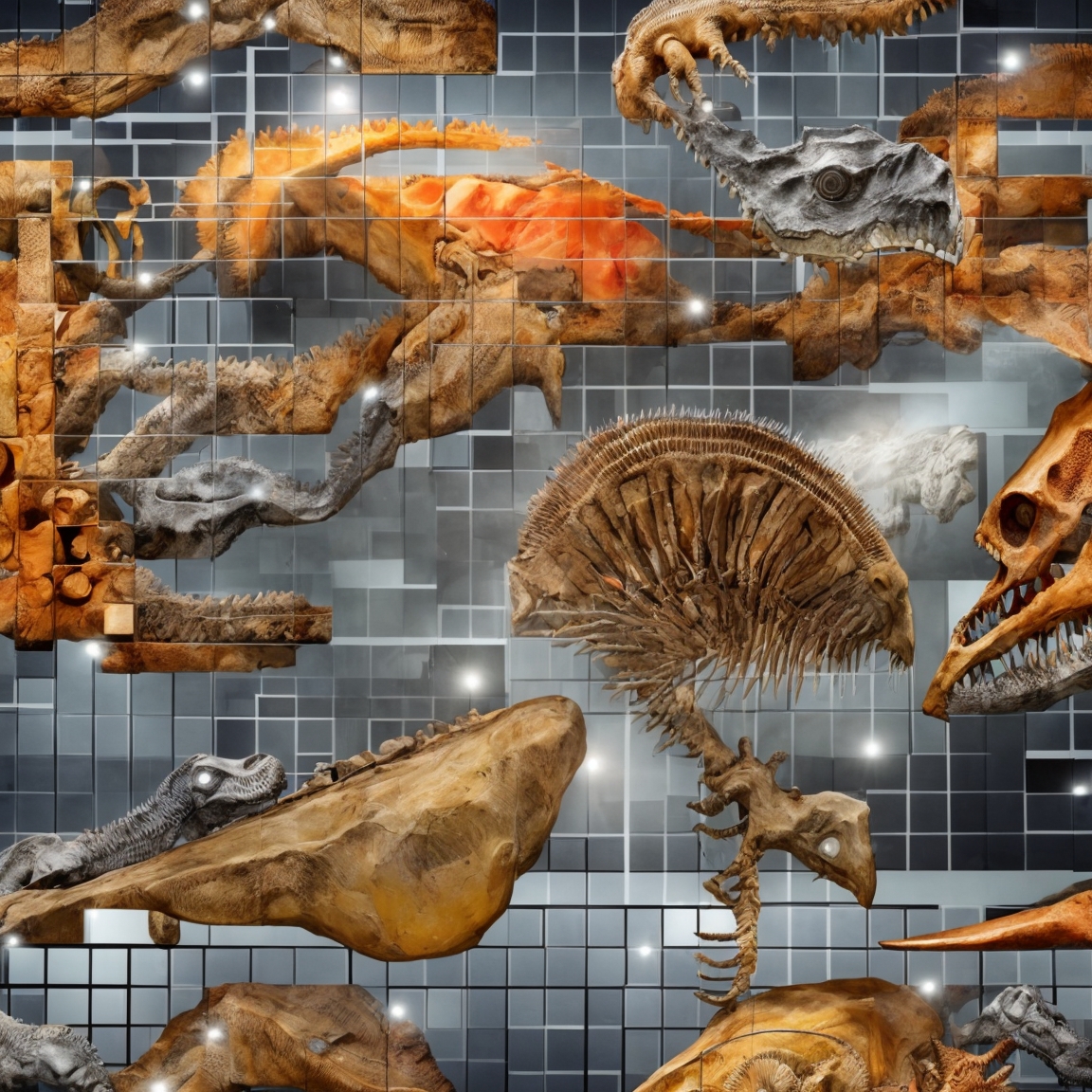The Ecology of Luck: Exploring Nature’s Serendipitous Stories
The Ecology of Luck: A Whimsical Exploration
Introduction: Embracing the Absurd
Prepare to embark on a whimsical journey into the heart of ecology, where we’ll uncover the intriguing role of luck in the natural world. From fortuitous encounters to genetic lotteries, nature is full of surprising stories that challenge our understanding of chance and fortune.
Ladybugs, Leaps of Faith, and Lucky Escapes
The concept of luck is often steeped in superstition and folklore. Ladybugs, with their bright, cheerful appearance, are considered a symbol of good luck in many cultures. Beyond their charm, these tiny beetles play a crucial role in maintaining ecological balance, feasting on pests that plague gardens and farms. Their presence signifies a healthy ecosystem and the favorable fortune that comes with it.
Now, imagine a fish leaping out of its bowl, not towards certain death, but towards a new beginning. This ‚lucky escape‘ represents the thin line between fate and freedom, a second chance at life beyond the confines of its glass prison.
The Science Behind Ecological Luck
But what exactly is ‚luck‘ in the context of ecology? It’s more than just coincidence or good fortune. In the realm of biogeography, luck takes the form of successful migrations and colonizations, shaping the distribution of species across the globe. It’s the ‚lucky break‘ that allows a species to thrive in a new habitat, adapting to unfamiliar surroundings with just the right amount of genetic diversity.
The Genetic Lottery
Genetics plays a pivotal role in the ecology of luck. Heterozygosity, or genetic diversity, can be an organism’s secret weapon. It provides the resilience needed to withstand environmental changes and fight off diseases. On the flip side, limited genetic variation can lead to inbreeding, where harmful recessive traits are left to the ‚luck of the draw‘, impacting the survival of a species.
Chance Encounters and Ecological Interactions
In the wild, every encounter is a roll of the dice. Predator-prey dynamics, for instance, hinge on split-second decisions that mean life or death. A swift change of direction, a well-timed pounce, or a lucky escape can alter the outcome, showcasing the power of chance in the struggle for survival.
Symbiotic relationships, too, can be seen as ‚lucky breaks‘ for both parties involved. From mutualistic partnerships that provide shelter or nourishment to parasitic relationships that offer a unique form of ‚tough love‘, these interactions shape ecosystems in ways we are only beginning to understand.
Conclusion: Embracing the Unknown
As we delve into the science behind ecological luck, we find that fortune favors not just the bold, but the well-adapted. It’s about being prepared to seize opportunities, whether it’s a new habitat, a genetic advantage, or a chance encounter. So, let’s embrace the unknown, celebrate the absurd, and continue exploring the fascinating stories of luck and serendipity that nature has to offer.













































